As many have witnessed, typical house-cats often exhibit odd behaviors that can come off as puzzling to their owners. Following relaxed moments of calm petting, it’s common for felines to abruptly bite their owners and dart to a secluded room of the house. While we may see these aggressive instances as unprovoked, humans often miss particular situations that illicit these unwanted cat behaviors.
Cat Bite Behavior
Felines are both predators and prey when living out in nature, many of these primal instincts can still be observed in modern house-cats. Understanding these primal behaviors can better help owners understand what the world looks like through their feline’s eyes. While some biting may stem from aggressive behavior, other biting tendencies may purely be from overstimulation or the mere fact that your cat’s unintentionally playing too rough. Let’s explore reasons as to why cats bite and which subtle behaviors indicate their level of aggression.
- Play Mode: It’s important for kittens to play with their feline siblings during their early years. This essential playtime will teach kittens how to appropriately use their teeth and claws in a non-aggressive fashion. Although, if a kitten isn’t given that playtime outlet early-on, a cat will grow up not understanding the power of their own bite. If your cat unintentionally bites you too hard during play, avoid punishing them and, instead, redirect their focus towards a toy to bite into.
- Petting Aggression: This is what cat owners generally refer to when discussing “unprovoked biting”. Make sure to not take this feline behavior personally! Your cat isn’t intending for this behavior to come across as aggressive and generally they’re simply attempting to communicate with you. It’s been shown that repetitive petting of certain areas can lead to an overstimulation in cats, which often results in adverse reactions such as biting. While cats often display subtle warning signs before these unprovoked bites, make sure to give your feline some space if you get the sense that they don’t wish to be pet.
- Fear or Stress: A few obvious warning signs of a dangerous cat includes hissing and defensive posturing where they arch their back in a provoked stance. Felines can exert responses like this when going to the vet, changing living conditions/routines, or when introduced to a new person or animal. In situations such as these, wait for your cat to approach you once they feel more comfortable with their situation. Additionally, severe cat aggression can be a reaction from underlying medical conditions such as toxoplasmosis, hyperthyroidism, epilepsy, abscesses, arthritis, dental disease, rabies, trauma, sensory decline, or cognitive dysfunction in older cats. Make sure to take your feline into the vet immediately if you believe their aggressive behavior is due to a health issue.
- Love Bites: Much like kneading, love bites are a sign of affection. This is usually shown through cats grabbing you with their paws and lightly nibbling you with their teeth. Cat’s may also give you love bites to communicate that they want something, generally food or attention. While these light nibbles don’t hurt, if these love bites become annoying after a while, simply ignore your cat while they’re lightly nibbling you, and reward them with food or attention when they stop the behavior.
Why Does My Cat Bite Me Unprovoked?
If your cat is exhibiting overtly aggressive tendencies, it’s important to seek out professionals such as veterinarians or behavioral experts. Cat bites aren’t usually dangerous, although, make sure to sterilize and disinfect any broken skin to prevent infection following a cat bite. Unwanted cat behaviors are often signs of miscommunication between felines and their owners, as bites are generally not intended to come across as aggressive.
It’s common for cats to become more aggressive as they age and show signs of cognitive decline. Most senior cats exhibit at least one clinical sign of cognitive dysfunction, which can gradually worsen over time. Providing our senior cats with additional antioxidants and nutrients to maintain normal brain function seems quite logical. Unfortunately, these nutrients cannot be found in most commercially manufactured cat diets. Fortunately, Dr. Bill’s Feline Cognitive Support is a unique combination of natural ingredients that helps support healthy brain function and slow cognitive decline in aging felines. Feline Cognitive Support supplies a proprietary blend of nutrients for the brain that can aid in maintaining and even reversing the signs of cognitive dysfunction.
-
Feline Cognitive Support$17.80 — or subscribe and save 10%
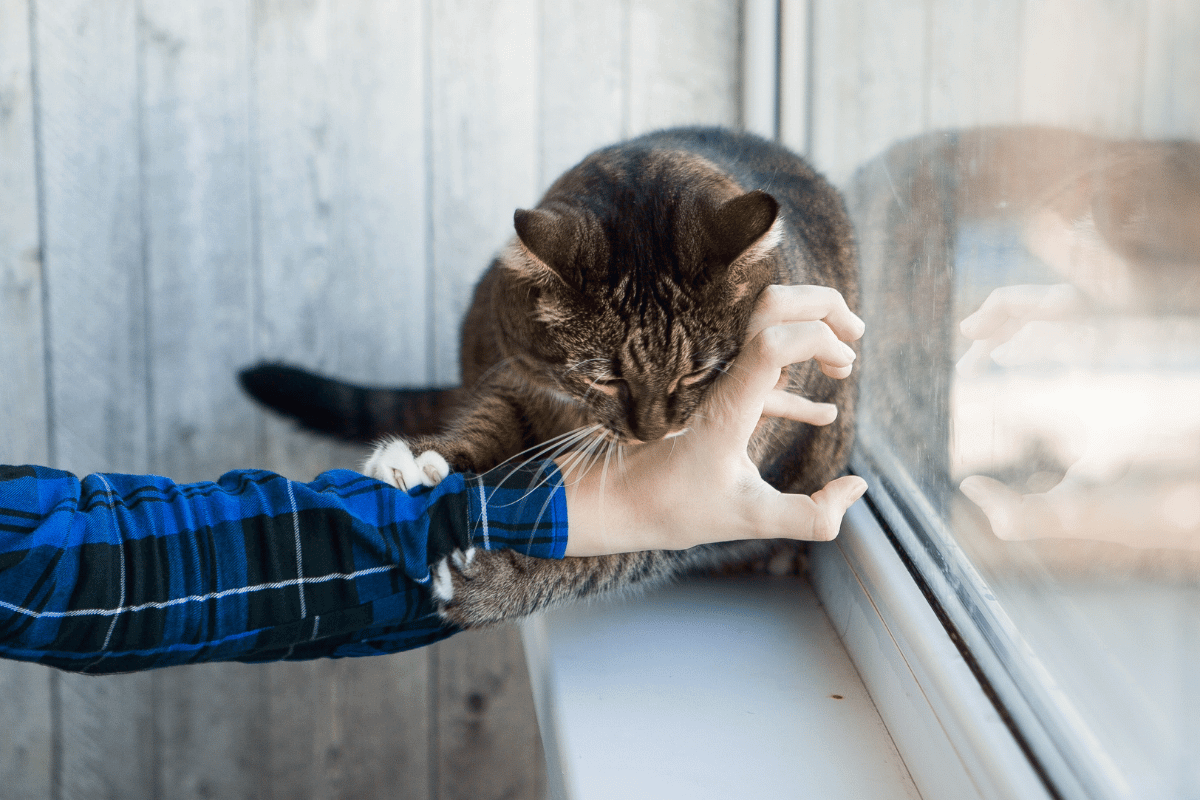
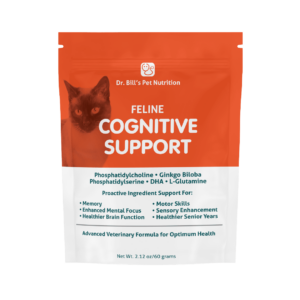
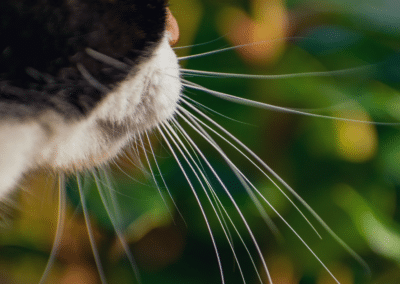
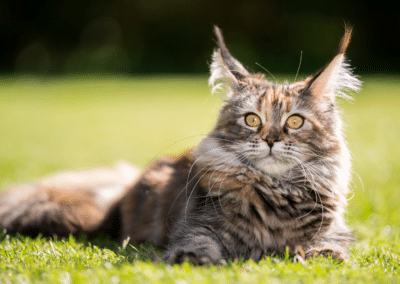
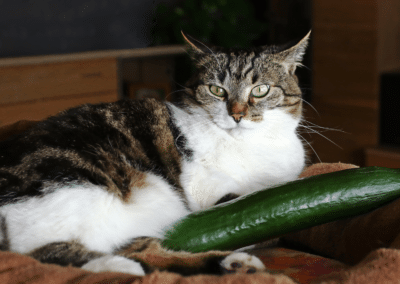
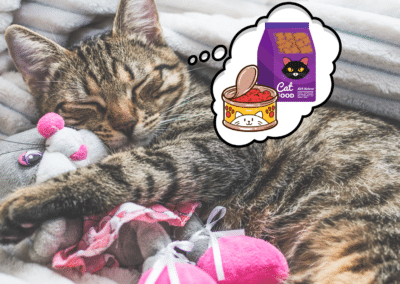
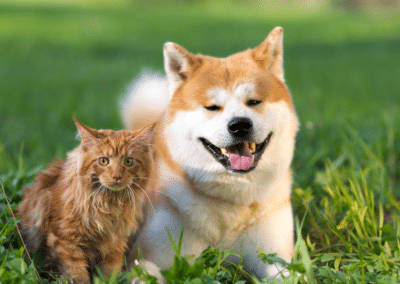
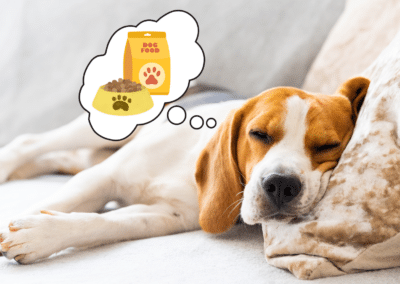
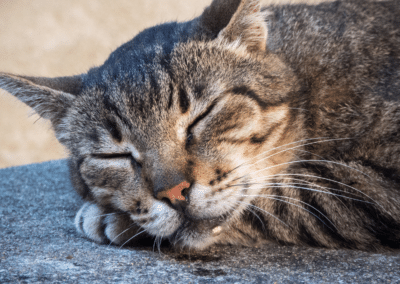
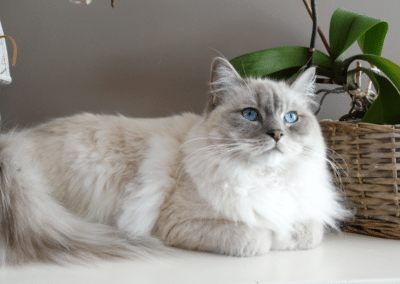
0 Comments